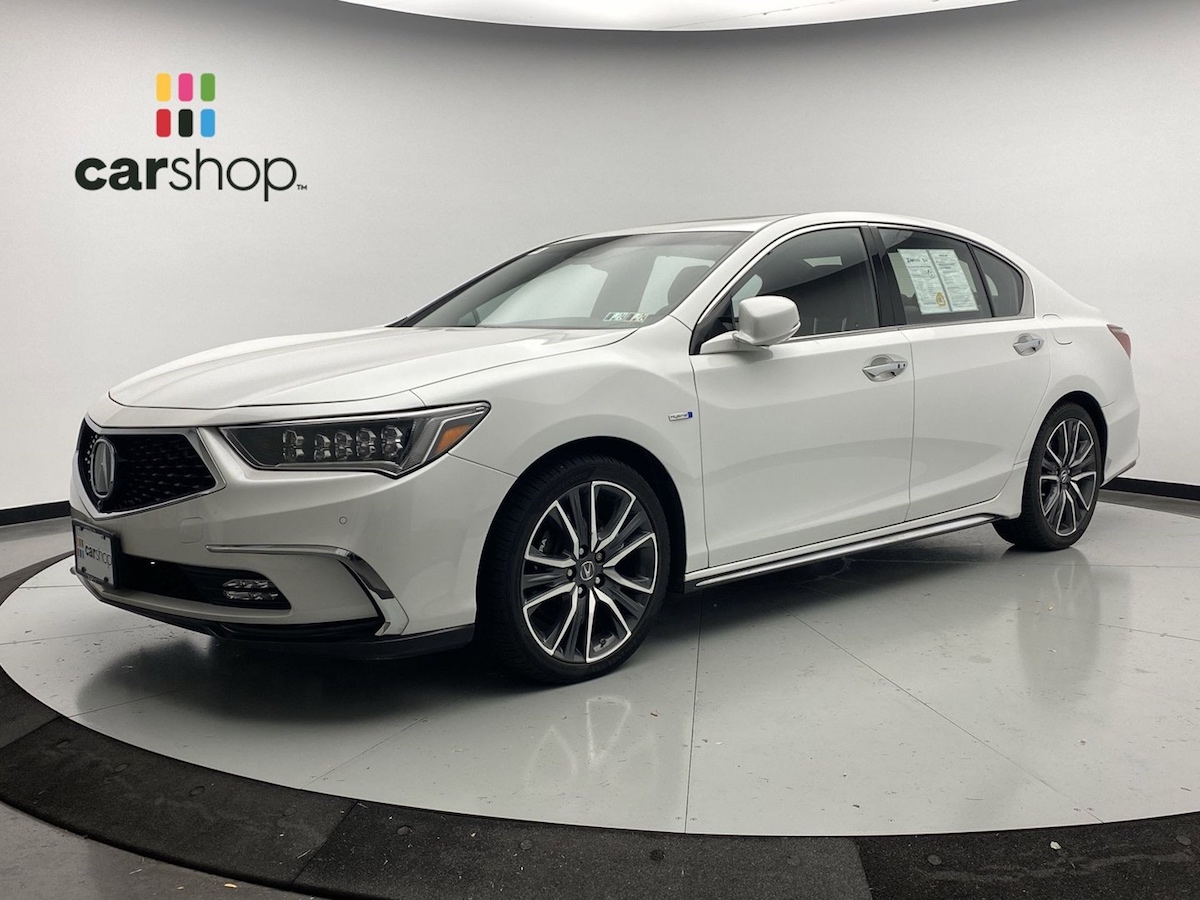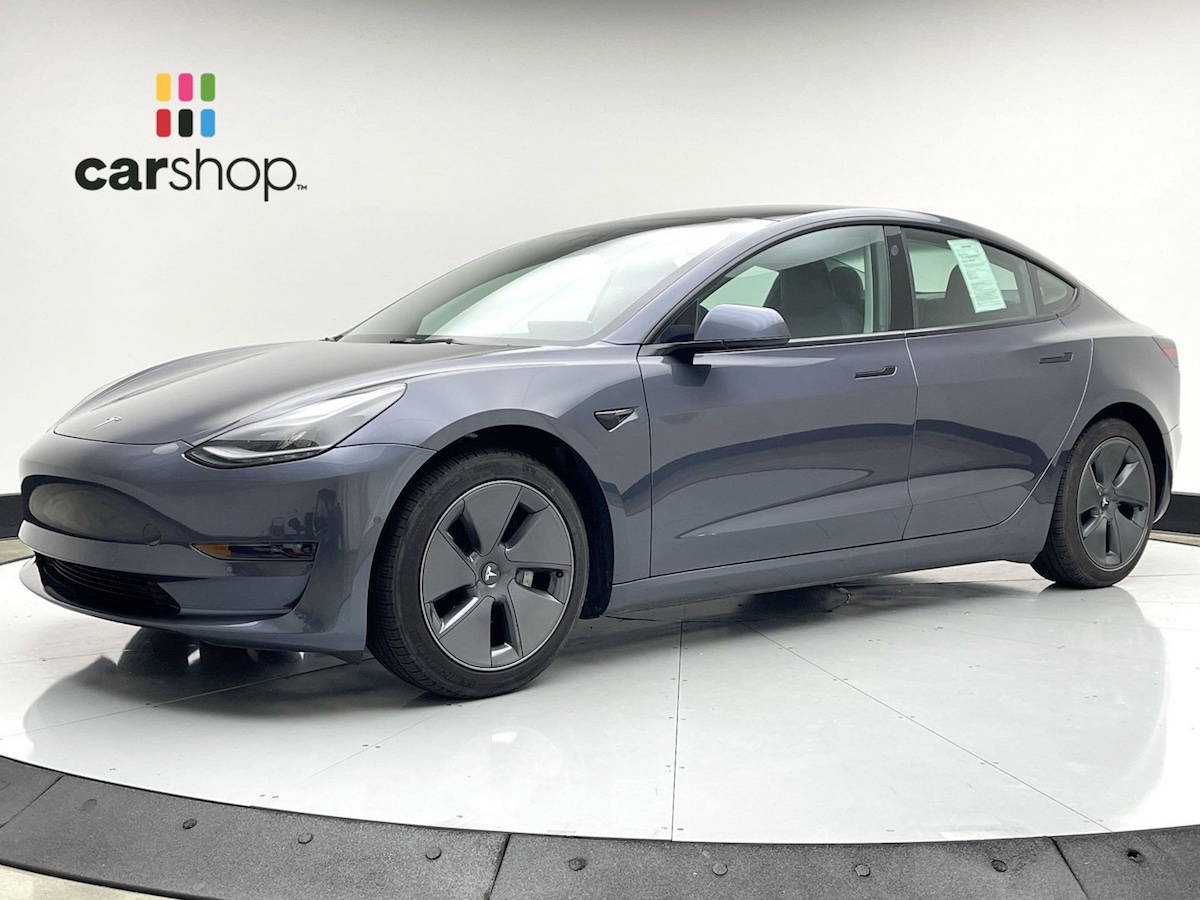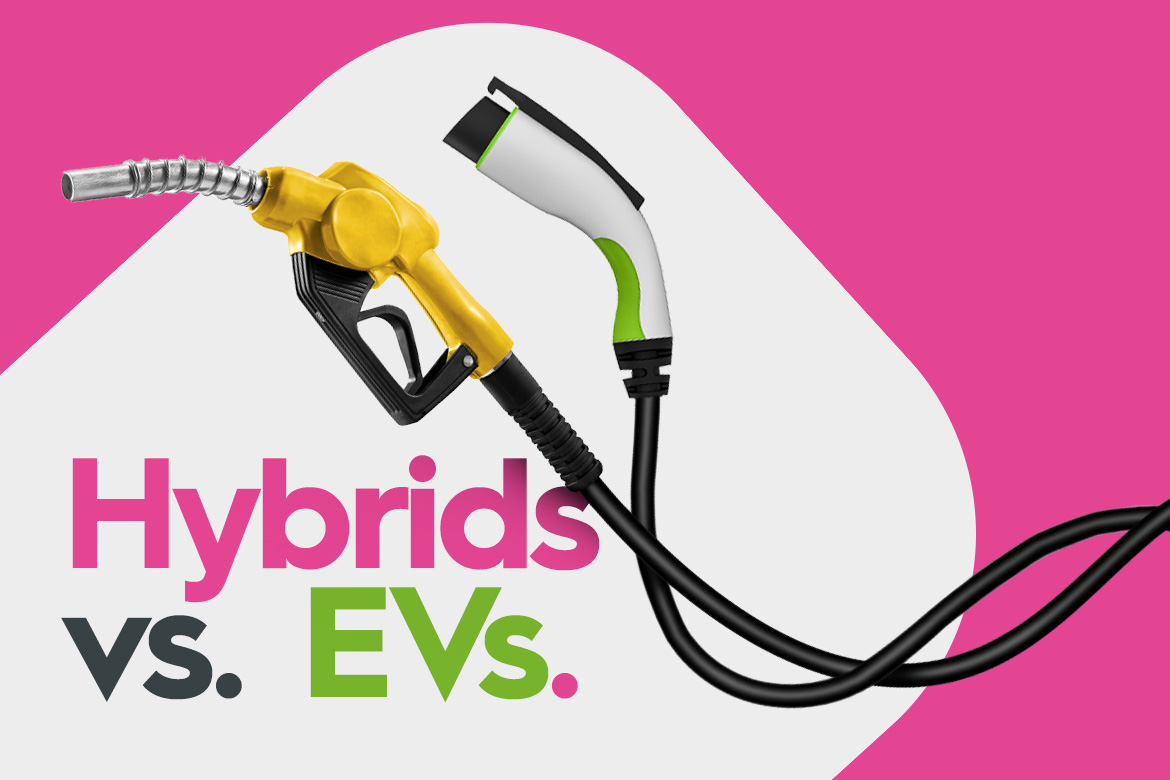In the ever-evolving world of automotive technology, hybrid vehicles and electric vehicles (EVs) have emerged as popular alternatives to traditional gasoline-powered cars. Both offer unique benefits and are known for their environmental friendliness and fuel efficiency. But how do they differ, and how do you know which one is right for you? Let’s compare these two types of vehicles and find out what’s best for you!

Understanding the Basics
Hybrid cars combine a gasoline engine with an electric motor, and a computer control’s when the vehicle uses each source of power, sometimes even using both simultaneously. The electric motor powers the car at low speeds, while the gasoline engine kicks in at higher speeds or when more power is needed. The battery recharges through a process called regenerative braking, converting the kinetic energy into electrical energy, which charges up the battery as you decelerate.
Electric vehicles, on the other hand, are powered entirely by electricity, by using a large battery pack to power an electric motor, which drives the wheels. The battery pack is charged by plugging into an external electricity source, like the chargers you may have noticed popping up in parking lots around the country.

MINI Hardtop 2 Door SIGNATURE+
Engines and Batteries
The main difference between hybrids and EVs lies in their propulsion systems. Hybrid vehicles, as the name suggests, combine a combustion engine and an electric motor, resulting in reduced emissions and improved gas mileage compared to conventional cars. However, because they still require gasoline, hybrids do produce some emissions.
Alternatively, thanks to a fully electric motor, EVs produce zero tailpipe emissions. Their batteries have a larger capacity than hybrids, enabling them to travel longer distances using electric power alone. One thing to consider is that charging infrastructure and the range of the battery can be a limiting factor.

Environmental Impact and Fuel Efficiency
Both hybrids and EVs are more environmentally friendly than conventional cars, but to varying degrees. Hybrids rely on fossil fuels part of the time, meaning that while emissions are lower, there are still some produced. EVs produce no emissions at all, but the electricity they use to charge may come from non-renewable sources, depending on the regional energy mix.
In terms of fuel efficiency, EVs generally outperform hybrids. According to the U.S. Department of Energy, the average EV uses about 30-40 kWh per 100 miles, while hybrids consume around 40-80 kWh for the same distance, depending on the model and driving conditions.
Hybrids, however, still outperform their conventional counterparts when it comes to fuel efficiency and have lower fuel costs. For example, the 2021 Toyota Corolla Hybrid gets about 52 miles per gallon, while the conventional Toyota Corolla gets 34 miles per gallon.
For short-distance driving, hybrids can also save you cash, thanks to the way they can switch between electric and gasoline-powered motors. If you’re driving short distances, some hybrid models can go fully electric, and simultaneously charge the battery thanks to regenerative braking. That means if you’re driving, say, less than 25 miles per day at slower speeds, you could go without paying for fuel for months.
Plus, between a fully charged EV and a hybrid with a full gasoline tank, you tend to get more total mileage with the hybrid, making the hybrid a great choice for longer rides, especially when you may not be near a charging station.

Tesla Model 3 STANDARD RANGE +
Maintenance and Cost
Maintenance costs for both hybrids and EVs can be lower than conventional cars. Hybrids have fewer brake problems due to their regenerative braking systems, but battery replacement can be expensive. EVs have fewer moving parts, reducing the risk of mechanical issues.
Initial purchase prices for both hybrids and EVs are usually higher than conventional cars. Although, this can be offset by lower operating costs and various incentives offered by governments and manufacturers.

Driving Experience
Both hybrids and EVs offer a smooth and quiet driving experience due to their electric motors. EVs provide instant torque, resulting in quick acceleration. However, hybrids tend to have longer driving ranges thanks to their gasoline engines.
To Sum It Up
Choosing between a hybrid car and an electric vehicle depends on your specific needs and circumstances. Factors such as driving habits, budget, access to charging stations, and environmental considerations will play a role in your decision.
At CarShop, we’ve got a great selection of both hybrid and electric vehicles for you to test drive and choose from!

